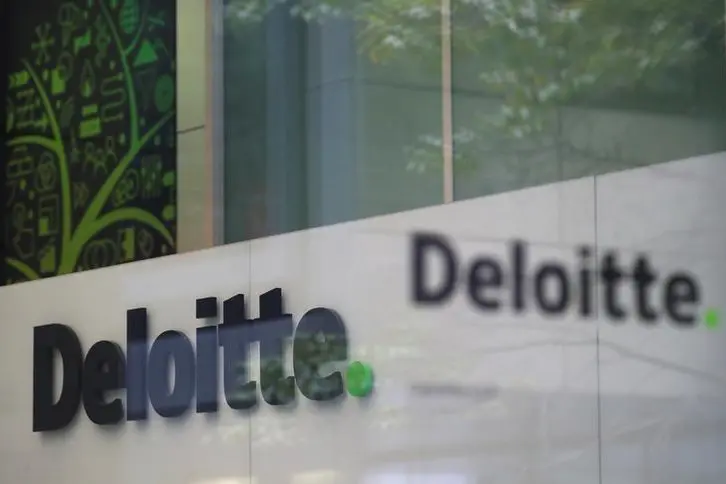PHOTO
Optimism in large British companies softened ahead of the new Labour government's first annual budget, dented by worries around geopolitics, a survey showed on Monday.
Accountants Deloitte said their quarterly gauge of business sentiment fell in the third quarter to +6% from +23% in the previous quarter, but still above the long-run average of -1%.
The survey chimed with most other gauges of business and consumer confidence which point to a fall in sentiment ahead of the Oct. 30 budget, when finance minister Rachel Reeves is likely to announce tax hikes to ease the government's budget shortfall.
"Geopolitical uncertainty is the biggest worry and we are seeing rising levels of concern about the possibility of a hard landing in the US," said Ian Stewart, chief economist at Deloitte. Weak domestic productivity was also a big issue.
A British Chambers of Commerce survey last week showed the escalating conflict in the Middle East was a "major factor" behind anxiety in boardrooms - though potential tax hikes were a bigger worry.
In contrast, Lloyds Bank's Business Barometer, also released on Monday, rose by 12 points to a nine-year high of +45%. Lloyds said businesses were more optimistic about the economy and their trading prospects.
More than half the companies in the Deloitte survey - which are mostly much larger than those surveyed in the Lloyds - said they planned to focus on cost reduction in the coming year.
Barely one in 10 said they would focus on raising investment - a key mission for the Labour government.
On Monday Prime Minister Keir Starmer is due to host an international investment summit to attract interest in Britain from large international companies.
The survey showed 95% of companies intended to increase investment in digital technologies like AI.
"Economists have been waiting for a new technology that has the potential to reboot productivity growth. If CFOs are right, AI is that technology," Stewart said.
A separate survey of smaller manufacturers from industry help service Oxford Innovation Advice suggested Reeves should announce measures to help companies take up digital technology.
While 83% of the SMEs said they wanted to use digital technology to improve efficiency, 72% said cost was a barrier.
"What is clear is that SMEs need more government funding to help make this happen," said Jane Galsworthy, managing director of Oxford Innovation Advice. (Reporting by Andy Bruce; editing by Suban Abdulla and David Milliken)
Reuters





















